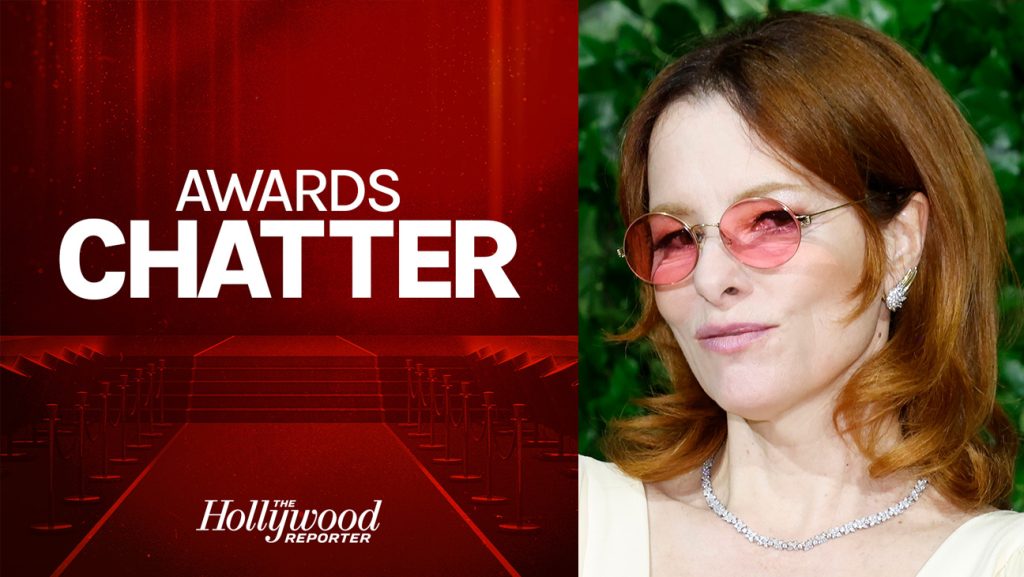Parker Posey, the guest on this episode of The Hollywood Reporter’s Awards Chatter podcast, is one of the most admired actresses of her generation. She made her name in American independent films of the 1990s — the Sundance Film Festival was essentially her second home — including 1993’s Dazed and Confused, 1995’s Party Girl and Kicking and Screaming, 1996’s The Daytrippers and 1997’s The House of Yes, as well as a quartet of mockumentaries from Christopher Guest, among them 1996’s Waiting for Guffman and 2000’s Best in Show.
But despite a stunningly prolific output over four decades, never did she find herself more at the center of the cultural conversation than she did earlier this year as a part of the third season of Mike White’s HBO drama series The White Lotus, on which she played Victoria Ratliff, a wealthy self-medicating Southern woman on vacation in Thailand with her financier husband and their three kids — and for which she is currently nominated for the best supporting actress in a drama series Emmy Award.
Often likened to Katharine Hepburn, in the sense that she is totally unlike anyone else, seems totally comfortable in her own skin and moves seamlessly between comedy and drama, Posey has been described by the San Francisco Chronicle, in 1997, as “the first actress to emerge as a household name on the basis of independent films”; by Time magazine, in 1997, as the “queen of the indies”; and by The New Yorker, in 2012, as “the greatest character actress of the last few decades.”
In 2002, just as the indie film boom from which she emerged began to wane, Film Comment declared: “more than anyone else, Parker Posey embodied independent film itself … Posey was ultimately a stand-in for the indie filmmakers who conjured her, and in so doing, flattered themselves — directors who imagined that they, like Posey, were creatures of the demimonde, just waiting for the world to understand their inordinate fabulousness.”
Over the course of a freewheeling conversation at the Chateau Marmont in Los Angeles, the 56-year-old reflected on how she came to be so associated with indie films, and the personal and professional rewards and challenges that she experienced as a result; what it was like for her, after the indie boom, when she began dabbling in studio films (such as 1998’s You’ve Got Mail, 2000’s Scream 3, 2001’s Josie and the Pussycats, 2004’s Blade: Trinity and 2006’s Superman Returns) and television (including a memorable stint on FX’s Louie); what she read between the lines of White’s script, as far as why Victoria Ratliff is the way she is; plus much more.

